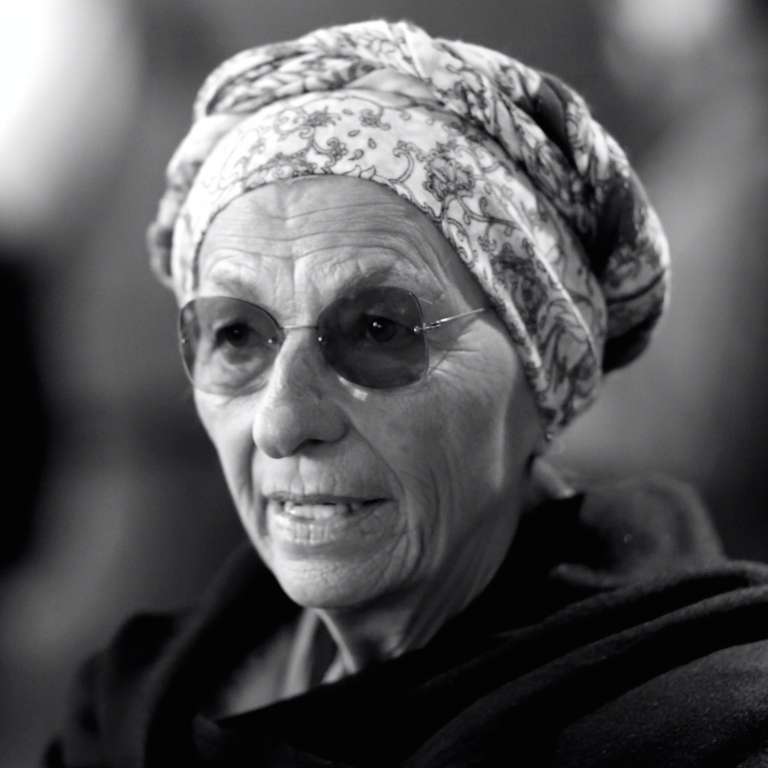23
EMMA BONINO
ITALY
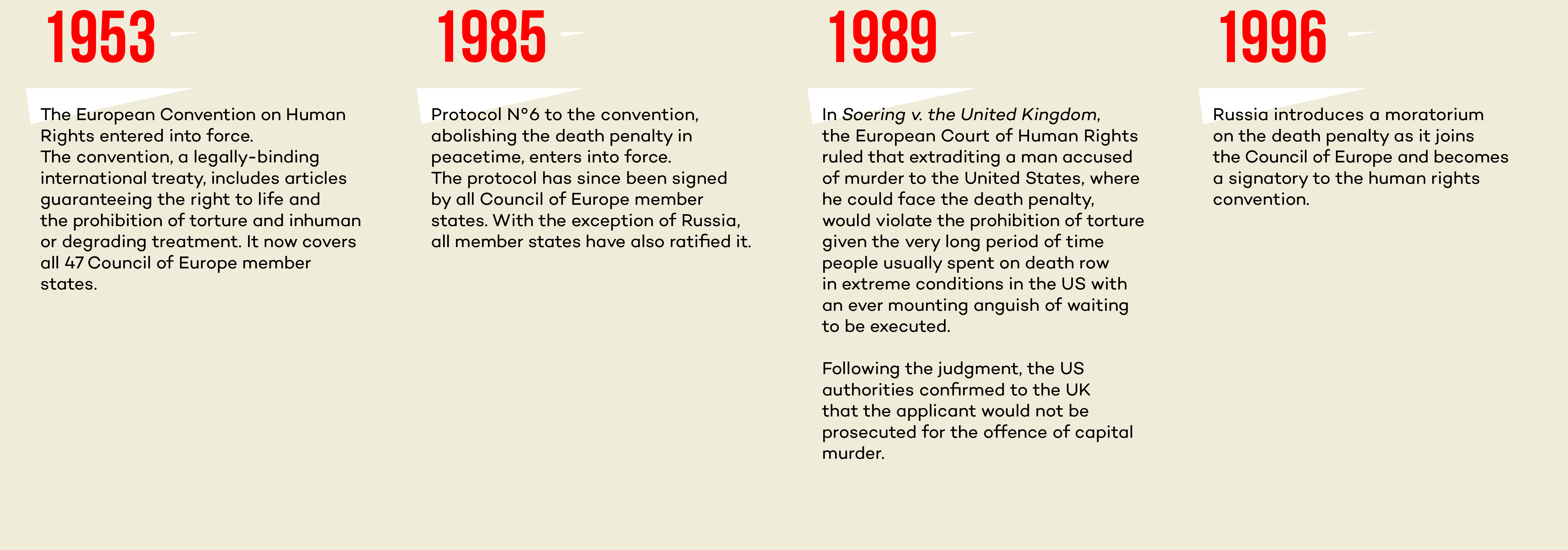
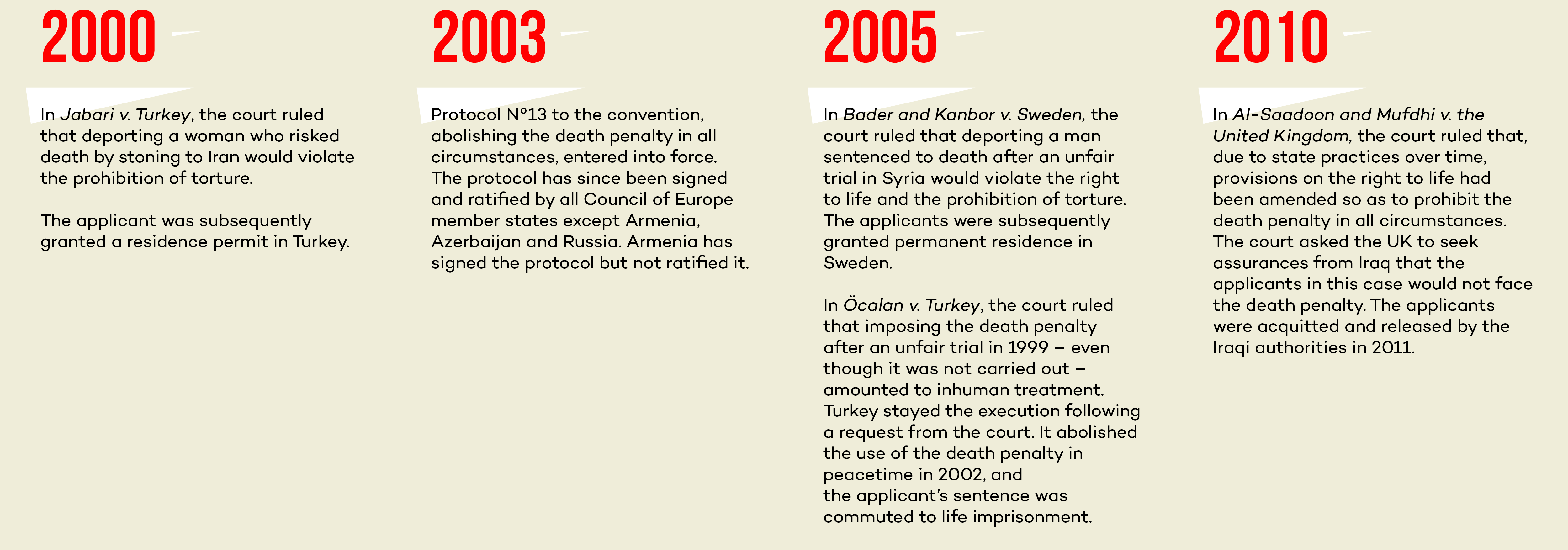
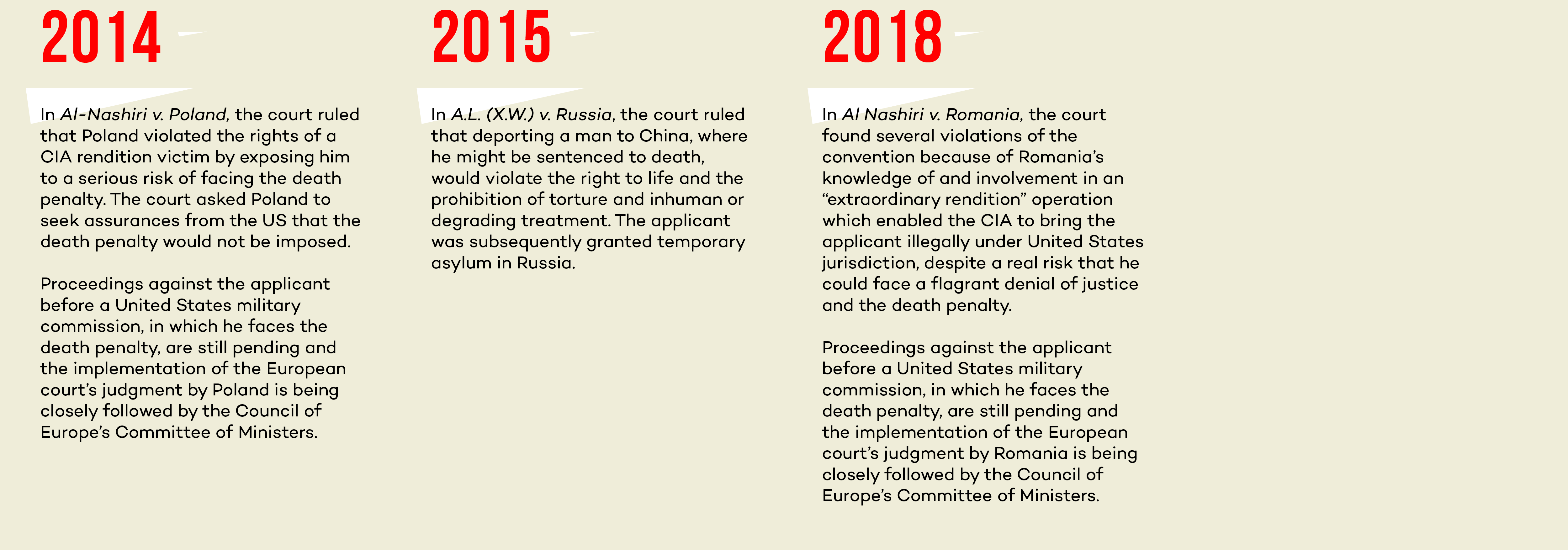
Since 1976, Emma Bonino has alternately held various national and European mandates. She was elected to the Italian Chamber of Deputies, was a member of the Strasbourg Parliament, a minister, vice-president of the Senate, a European Commissioner in Brussels from 1995 to 1999, and was even considered for the presidency of her country. But Emma Bonino is above all an activist, who has found within the institutions and her mandates, the tool to push her ideas to their legislative conclusion. A tireless feminist and human rights activist, she has led many battles: legalisation of abortion, legalisation of drugs, sexual and religious freedoms. She is recognised by the whole community as a staunch abolitionist, fighting at several levels - mobilisations, associations, institutional proposals - to bring about an end to capital punishment. She is one of the founders of the non-governmental organisation “Non c’è Pace senza Giustizia” (No peace without justice), which fights for the promotion of human rights and democracy, and above all of “Nessuno Tocchi Caino” (Hands Off Cain), which aims at the universal abolition of the death penalty.
In October 1994, she was appointed head of the Italian government delegation to the United Nations General Assembly. In this context, she introduced the proposal known as the “Moratorium on the Death Penalty.” It was on the initiative of Italy that this UN text was drafted and proposed to the European Union authorities. This resolution on the death penalty is co-authored by eight Member States. The thrust of this essential document is to call for the general suspension of capital punishment throughout the world. It does not call for global abolition, rather it proposes the first step towards universal abolition in law. Indeed, prior to prohibition, the ultimate punishment must become an obsolete penalty. De facto abolition is very often the decisive turning point before the law reflects custom: the value - confronted with reality - is then established as a norm, through the law. The resolution, in addition to suspending all executions - meaning that those already sentenced to death are not executed during the entire period of the moratorium, which is intended to become definitive - calls for a reduction in the range of crimes for which capital punishment can be imposed. By causing the use of the punishment to become obsolete, while at the same time reducing the number of offences carrying the death penalty, the strategy is again to demonstrate that retentionist societies are not safer: the death penalty is a useless and ineffective punishment against crime. The UN resolution also call on all countries to respect the rights of people on death row. Finally, it calls on States that have abolished the death penalty not to reintroduce it.
This resolution, sponsored by Italy, was presented for the first time to the United Nations General Assembly in 1994. From 1997 onwards, still at the initiative of Italy, and from 1999 onwards with the support, backing and intervention of the EU, the UN Commission on Human Rights renewed this offensive every year, with a view to the universal abolition of the death penalty. The extensive diplomatic activity in favour of the moratorium by EU countries and the Radical Party gained momentum in 2007. On 18 December, the United Nations General Assembly passed the moratorium by 104 votes to 54. And it was Italy, the leader of this text, which launched this dynamic from its territory. It did so through the “Hands Off Cain” association, founded in Rome in 1993 to act against the death penalty and torture. “Hands Off Cain” fights for universal abolition. Emma Bonino is one of its founders. A transnational association, its distinctive feature is that it is composed of both elected officials and citizens. It promotes justice without violence, free of revenge. Since 1997, it has published an annual report on the death penalty in the world, which is a highly relevant tool for activists.
In an interview published by the Italian daily newspaper Corriere della Sera on 8 February 2016, Pope Francis called Emma Bonino one of the nation’s “forgotten greats,” comparing her to great historical figures such as Konrad Adenauer and Robert Schuman.
Marie Bardiaux-Vaïente
- BOOK
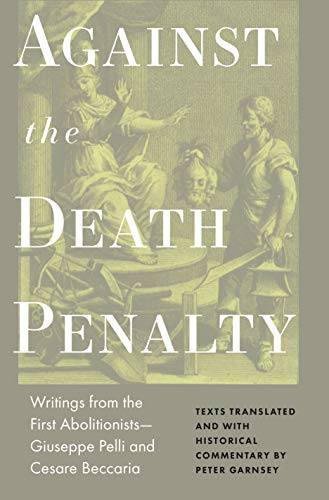
Author: Giuseppe Pelli
Publication Date: 2014
Edited by: Princeton University
- movie
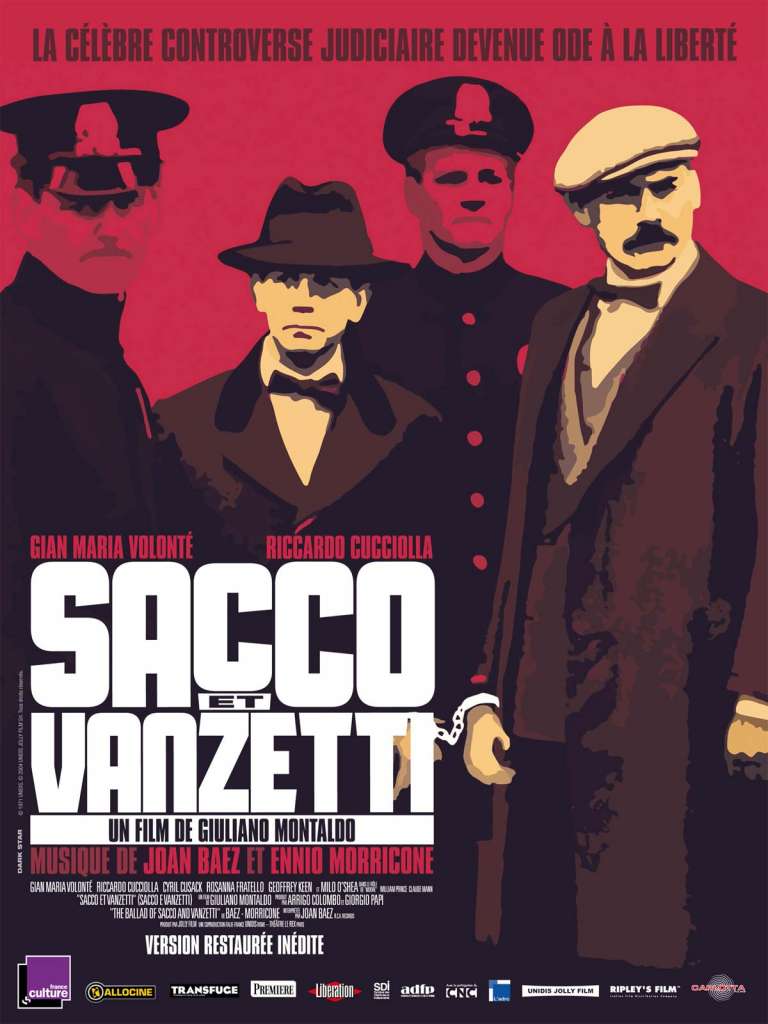
Sacco and Vanzetti
Directed by: Giuliano Montaldo
Genre : Drama
Release date: 1971
A bloody hold-up is committed on April 15, 1920, in Massachusetts. Two anarchists of Italian origin, Nicola Sacco and Bartolomeo Vanzetti were arrested. Fred Moore, their lawyer, proves their innocence but the prosecutor and the judge, despite the lack of formal evidence, sentence them to death and send them to the electric chair.


